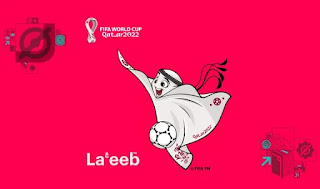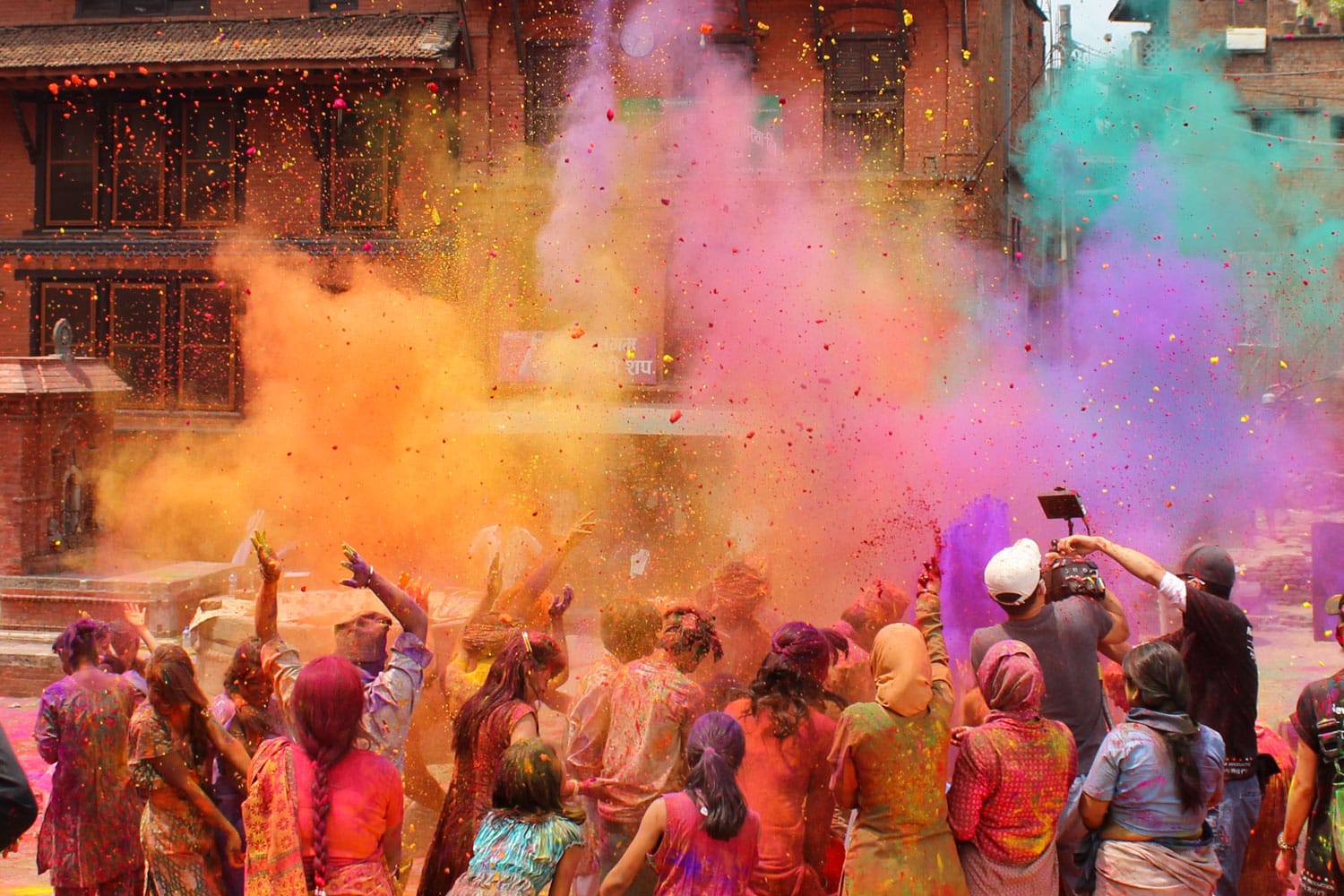The FIFA World Cup is undoubtedly one of the most popular sporting events in the
world, and it's not difficult to see why. With billions of fans tuning in from
around the globe, the World Cup has the power to bring people together like no
other event. But what is it about the World Cup that makes it so special? In
this blog, we'll be exploring some of the lesser-known aspects of the World Cup
that make it unique.
The Trophy
Every World Cup winner gets to lift the iconic trophy, which is made of 18-carat
gold and weighs 6.1 kilograms. But did you know that the original trophy, the
Jules Rimet Trophy, was stolen in Brazil in 1983 and has never been found? The
current trophy, known as the FIFA World Cup Trophy, was introduced in 1974 and
has been awarded to the winners ever since.
The Mascots
One of the most recognizable aspects of the World Cup is the mascot. From Zakumi
to Fuleco, the mascots have become a beloved part of the tournament. But did you
know that the first World Cup mascot was a lion named World Cup Willie, who was
introduced in 1966? Since then, there have been a total of 16 mascots, each
representing the host country and its culture.
The Music
The World Cup is known for its iconic theme songs, from Shakira's "Waka Waka" to
Ricky Martin's "La Copa de la Vida". But did you know that the first official
World Cup song was "El Rock del Mundial" by Los Ramblers, which was released in
1962? Since then, the World Cup has become a platform for musicians from around
the world to showcase their talents.
The World Cup is not just about the players on the field; it's also about the
technology that makes the tournament possible. From the use of VAR (video
assistant referee) to goal-line technology, the World Cup is constantly pushing
the boundaries of what is possible in the world of sports technology. In fact,
the 2018 World Cup in Russia was the first to use VAR, a system that allows
referees to review decisions with the help of video replays.
The Upsets
The World Cup is known for its upsets, where underdogs take on the giants of the
game and come out on top. From Cameroon's victory over Argentina in 1990 to
Costa Rica's defeat of Italy in 2014, the World Cup has seen its fair share of
shock results. These upsets not only make for great entertainment, but they also
remind us that anything is possible in the world of sports.
The Groups
The groups are formed based on the FIFA rankings, with the top eight teams being placed in Group A and so on.
The FIFA World Cup is a tournament of 32 teams, divided into eight groups of four. Each group plays a round-robin tournament, in which each team plays three matches against the other three teams in its group. The top two teams from each group advance to the knockout stage, where they compete in a single-elimination bracket until there are only two finalists left standing.
Argentina
Australia
Belgium
Brazil
Colombia
Costa Rica
Croatia
Denmark
Egypt
Argentina
Australia
Belgium
Brazil
Colombia
Costa Rica
Croatia
Denmark
Egypt
The Fans
Finally, the World Cup is unique because of the fans. From the passionate
supporters who travel across the world to support their team to the casual
viewers who tune in from their living rooms, the World Cup has a way of bringing
people together like no other event. The atmosphere at a World Cup match is
electric, with fans from different countries coming together to celebrate the
beautiful game.
Latest Updates
• The 2026 World Cup will have 104 matches instead of the traditional 64 games.
• The 2026 edition will be co-hosted by the United States, Canada and Mexico,
will be the first edition of the quadrennial tournament where 48 teams are
taking part.
• The final will be held on July 19.
• It will have 12 groups of
four teams. The top two teams will advance to a round of 32 with the eight best
third-placed teams.
• The combined number of rest, release and tournament days
remains the same as previous World Cups in 2010, 2014 and 2018 - 56 days.

.jpeg)

.jpeg)
.jpeg)




